Before I delve into #7thCenturyAthens, I'd like to contextualize its scholarship thus far. Why has it been understudied? What complicates its study today? -ag
It all comes back to the hierarchies of Classical Archaeology (evident in the name of the discipline alone). In the early modern period, Classical Athens sat on a figurative acropolis above all others. It supposedly represented the pinnacle of so-called Western Civilization. -ag
This obsession with Classical Athens was seen in the modeling of governments on ancient Athenian democracy, the Neoclassical art movement, and the Grand Tour, where young aristocrats would travel to Greece and view ancient sites. -ag
When these European travelers came to Athens, they engaged in a phenomenon we call the "temporalization of space," in which Athens seemed frozen in time. "Athens was for cultivated European minds an idea rather than a place," reads a label at @TheBenakiMuseum
In maps from the 17th centuries, "The European vision of the city emerges from the panorama of Athenian views, with its ancient monuments a constant reference point." - @TheBenakiMuseum. They had no interest in Byzantine culture but only wanted to see Classical ruins.
In the 1930s, the American School of Classical Studies began excavating Athens' Agora with a goal of reaching the Classical city. No judgment there - one needs a specific research aim when undertaking a project. Yet this focused goal led to a reinforcing of the hierarchy. -ag
The archaeologists went through the Late Antique and Byzantine (LA&B) material but rarely left it in situ (in place) as they pursued their priority, the Classical layers. The LA&B finds were placed in a storeroom or discarded, and architectural elements were broken down. -ag
"Well surely they wrote down what they found," you're thinking. You're correct! But in the early years of the ASCSA's excavations, the records were handwritten and messy, making it difficult today to piece together exactly what the archaeologists found. Is it a "wall" or "well"?
Because so little is left in situ, it's almost impossible to verify the accuracy of the original reports & our interpretation of them today. (An excellent project working on this is Inhabiting Byzantine Athens, which I was part of in Summer 2019: http://byzantineathens.iath.virginia.edu )
Athens has also been the victim of the deliberate destruction of Medieval monuments in favor of a more Classical landscape. In 1874, Heinrich Schliemann, the archaeologist who excavated Troy, financed the removal of the Frankish Tower, a 12th-century monument on the Acropolis.
This, among other acts of destruction, "cleansed [the Acropolis] of all barbaric additions," according to the then-director of Acropolis excavations. This is why the Acropolis looks as it does now, shiny & pure. These decisions have serious ramifications for LA&B study today. -ag
For example, "The zeal with which the Classically-oriented archaeologists of the 19th century stripped away from Athenian temples all possible reminders of their post-Classical history has rendered unduly complicated the task of dating their [Christian] conversion."-Alison Frantz
Nevertheless, these challenges are not a reason to abandon study of LA&B Athens. Rather, they are even greater proof that research is needed. Next time, I'll introduce the 7th c. - why I chose to focus on this period & what the city was like in the centuries leading up to it.
Sidenote: Alison Frantz was the 20th century's lone expert on Late Antique Athens (& is my personal hero). See "Late Antiquity: A.D. 267-700." The Athenian Agora 24 (1988): iii-156; "From Paganism to Christianity in the Temples of Athens." Dumbarton Oaks Papers 19 (1965): 185-205
Image credit for Agora excavations & Alison Frantz: http://agathe.gr/overview/the_excavations.html
For more on the Grand Tour & temporalization of space, see: Leask, Nigel. Curiosity and the Aesthetics of Travel Writing, 1770-1840. Oxford: Oxford University Press, 2004.
For more on the Grand Tour & temporalization of space, see: Leask, Nigel. Curiosity and the Aesthetics of Travel Writing, 1770-1840. Oxford: Oxford University Press, 2004.

 Read on Twitter
Read on Twitter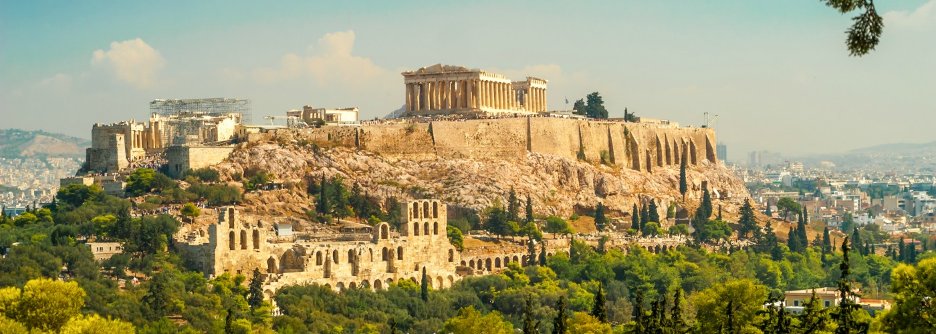
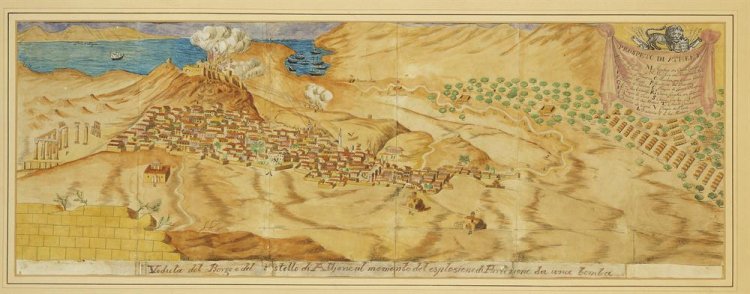
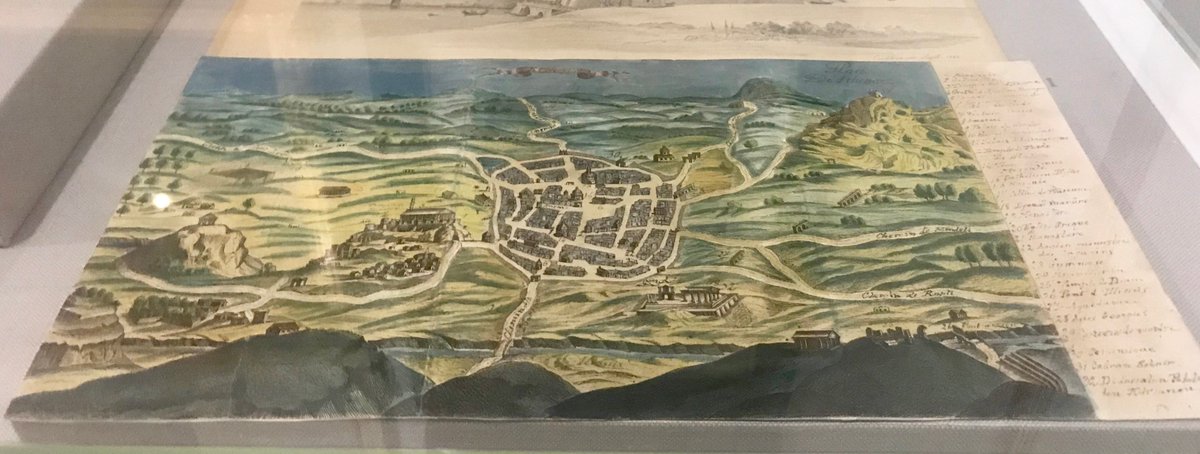
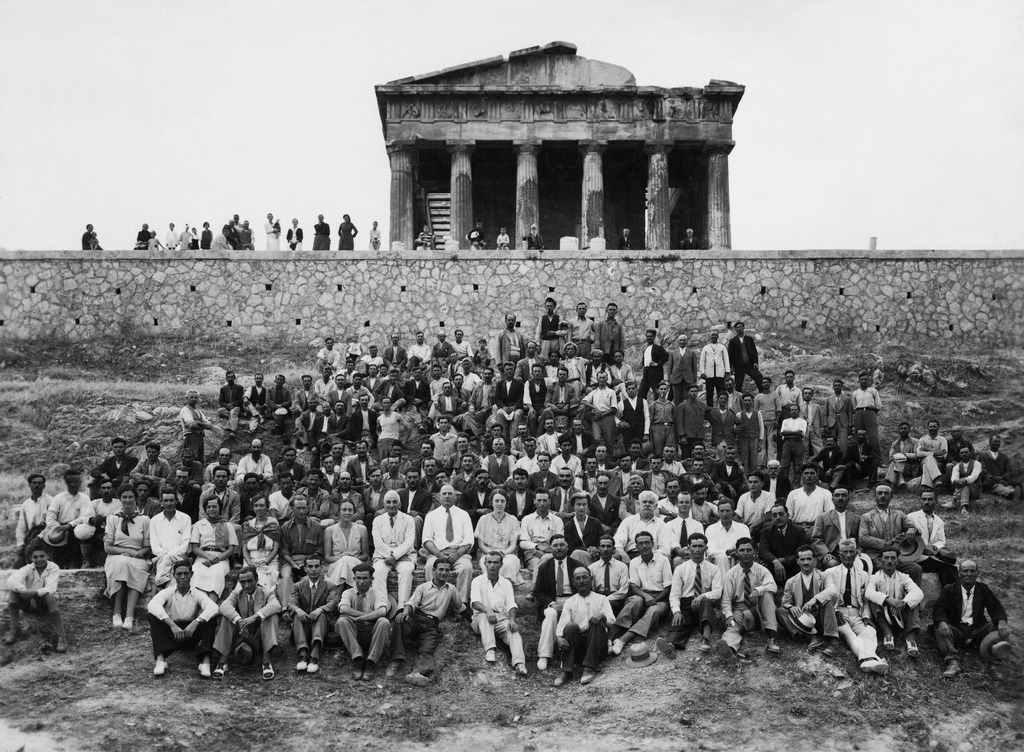
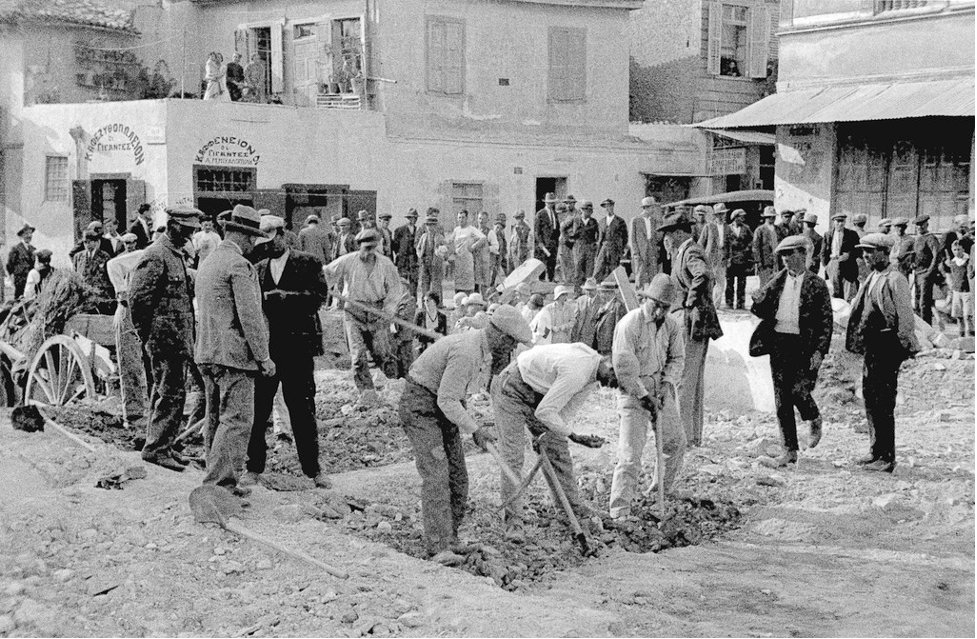

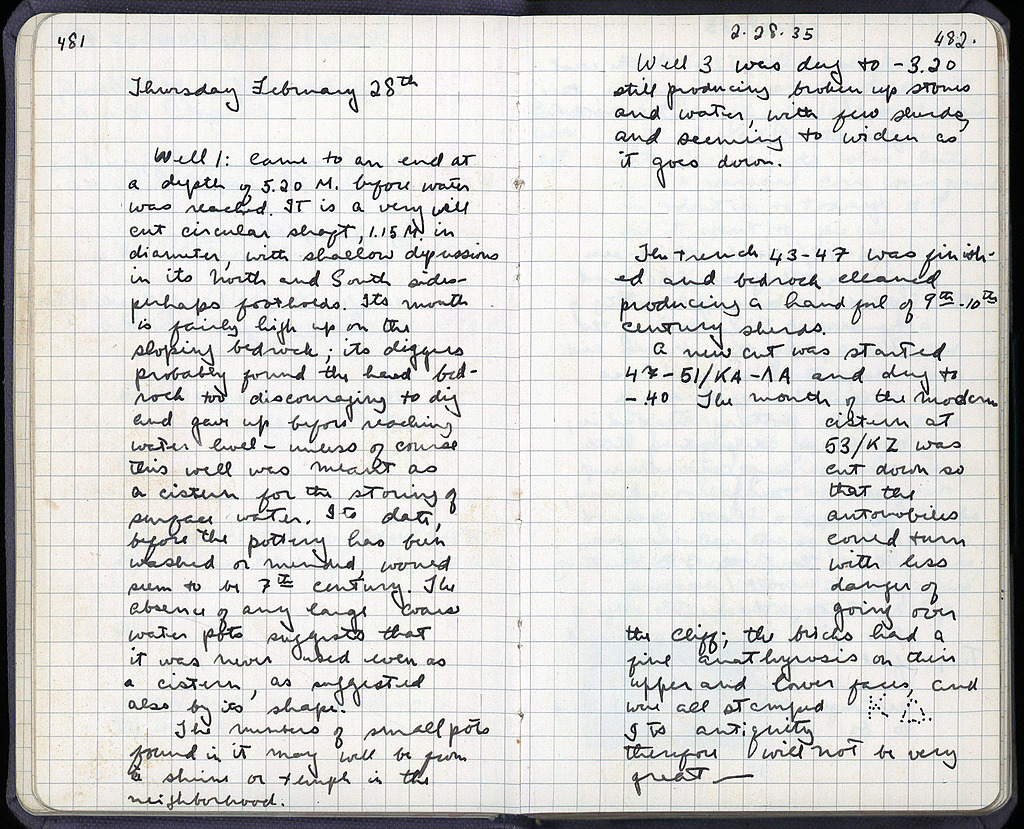
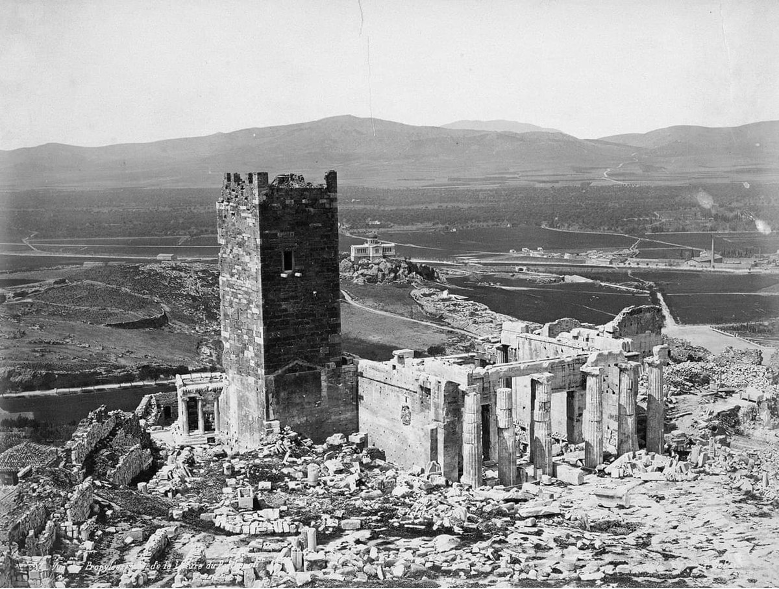
![This, among other acts of destruction, "cleansed [the Acropolis] of all barbaric additions," according to the then-director of Acropolis excavations. This is why the Acropolis looks as it does now, shiny & pure. These decisions have serious ramifications for LA&B study today. -ag This, among other acts of destruction, "cleansed [the Acropolis] of all barbaric additions," according to the then-director of Acropolis excavations. This is why the Acropolis looks as it does now, shiny & pure. These decisions have serious ramifications for LA&B study today. -ag](https://pbs.twimg.com/media/Esm8H_SVEAMtcDB.jpg)



